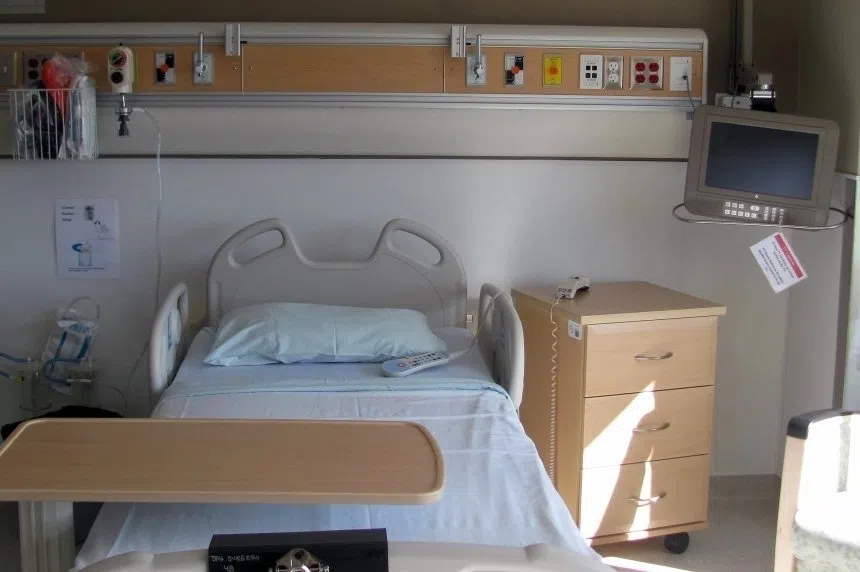
Sask. religious leaders call for better palliative care in wake of assisted death law
Catholic bishops, Christian pastors, Muslim imams and Jewish rabbis were among the religious leaders who all came together at the Saskatchewan legislature to raise concerns about federal assisted death legislation.
Rev. Robert Hardwick of the Anglican Diocese of Qu’Appelle was part of the multi-faith delegation who met with the health minister at the legislature on Tuesday. A joint statement issued by the delegation called for an action plan to improve access to palliative and hospice care for Saskatchewan residents.
“It’s not a level playing field. I think over 90 per cent of people in Canada approve of hospice and palliative care, but only 16 to 30 per cent of people have access to it and the further north we get in Saskatchewan that very much is true, but also in our rural communities,” Hardwick said.
He noted that family doctors should have more resources and access to expertise in the field of pain management for prescribing drugs to help people who are suffering at the end of their lives. He wishes the palliative care issue had been addressed before the federal government passed the assisted death law.


